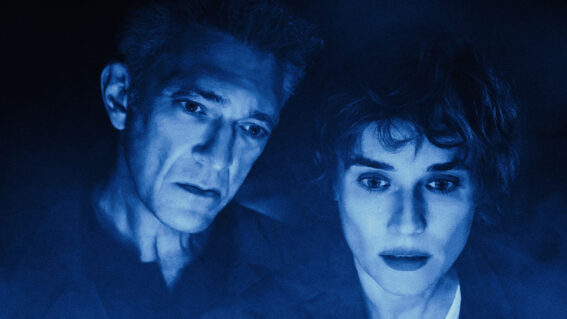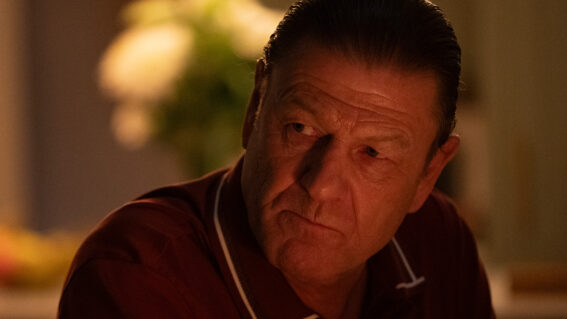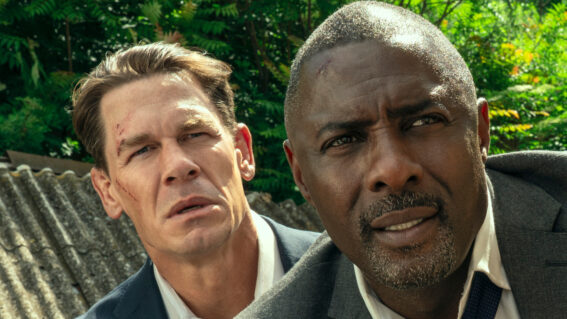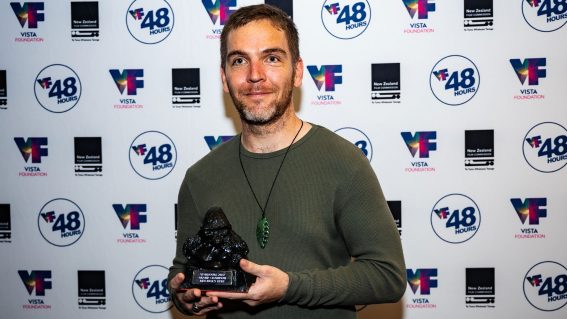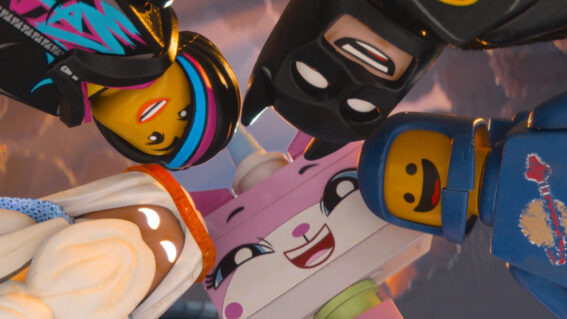Interview with Alfred Molina: ‘An Education’
Alfred Molina is that character actor you’ll recognise, even if you don’t know his name. His eclectic CV has seen him as a tentacled villain in Spider-Man 2, a coked up drug dealer in Boogie Nights, a scheming bishop in The Da Vinci Code and the chubby guy who gets killed at the beginning of Raiders of the Lost […]
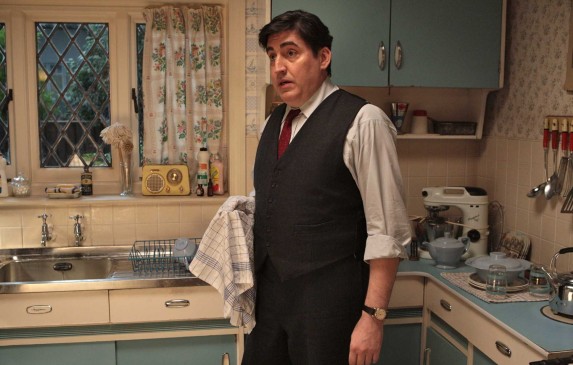
Alfred Molina is that character actor you’ll recognise, even if you don’t know his name. His eclectic CV has seen him as a tentacled villain in Spider-Man 2, a coked up drug dealer in Boogie Nights, a scheming bishop in The Da Vinci Code and the chubby guy who gets killed at the beginning of Raiders of the Lost Ark. Next year he will be appearing in two mega movies, The Prince of Persia and The Sorcerer’s Apprentice, both Jerry Bruckheimer epics.
But we’re talking to him about his latest film, An Education, a small, independent project with a much lower budget. “In a way it is the same gig for an actor,” he says. “Whether you are doing it in front of four cameras in front of a green screen, or if you are doing it down some back alley with some guy holding a handheld video camera.”
An Education takes him back to the early ’60s. In real life, he was only a child.
“I remember buying the first Beatles single in 1963,” he says, “and I was 10-years-old, and I can remember all the big things like England winning the World Cup in ’66, but I was 13 by then.
“I remember the day our first TV arrived. I was like nine years old during the Bay of Pigs saga and I remember going running to school and going up to one of my teachers and saying ‘Is there going to be another war, sir, is there going to be a war?'”
FLICKS: How does your character, Jack, fit into 1961?
MOLINA: “Well, I think I always saw Jack as very typical of a kind of Englishman, very much a product of his own period. The movie takes place before the whole cultural, social and sexual revolution that happened in the mid ’60s. Before that there was a generation of lower middle class English men and women who had been through World War II and were essentially focused on improving themselves and their children, and that focus often meant that there was very little fun in their lives, very little joy, just a real kind of strong focus on making sure that their kids did the best that they could and got every opportunity.”
Carey Mulligan [as daughter, Jenny] was 22 while playing a 16-year-old. Something about the character made her seem sort of older than her years and I thought she could probably hold her own with her parents, especially in the scenes around the dinner table.
Very much so. Yes, I think what was so interesting about the story is that she is absolutely – there are no two ways about it – she is a lot smarter than her parents. She is beyond them, both in terms of education, in terms of any kind of cultural understanding, in terms of any kind of knowledge of the word. She is way ahead. She is already thinking in a much more sophisticated, more nuanced way than they are.
Do you relate to Jenny’s character?
I can remember a point in my life when I thought my parents were unbelievable, they didn’t understand anything. Then, of course, you go through the whole rigmarole of growing up and then you realise, of course, that you are absolutely in the same boat with your kids. Nothing changes, you know?
I have been reading a little bit about Lynn Barber, who was of course the inspiration for the story. She seemed to be quite harsh about her own parents. She said her father was “intelligent but socially untamed”.
‘Socially untamed’, yes, I read that somewhere. I always thought that was a wonderful description, ‘socially untamed’. The sort of guy who can’t hold his tongue, who doesn’t have the editorial gene, who talks and then thinks. Yeah, my dad was a bit like that.
As you say, Jack has quite simplistic views at the beginning. He is almost a comic character – almost.
Yes, very much so. I think he could very easily be seen as a buffoon. And there are moments in the film where you kind of go “oh, come on”, you know, “this guy is just being a fool”. But I think as the movie progresses, what we see is that there is a real core of fear and anxiety, particularly towards the end when it dawns on him and his wife the scope of what has happened.
I mean back in those days, and this is by no means an excuse, but back in those days there was a level of racism, a level of anti-Semitism, a level of sexism, that was prevalent in people’s everyday language.
What is your approach to acting and how do you create a character like that?
There used to be a little game that we used to play when I was at drama school. We were told to write down a list of all the things that your character says about himself or herself and then write down a list of all the things that other characters say about your character, and very often those lists are very contradictory, which isn’t necessarily a bad thing. You know, the more contradictions there are, the more depth and nuance there can be possibly in terms of what the character is capable of doing. But whatever happens in the script is what happens in the script, so rather than saying, ‘Well, I imagine my character, if he wasn’t here he would be reading a newspaper in the park’. I find that kind of thing completely meaningless. You know, it is about what goes on in the story and then serving that story as accurately and as sympathetically as you can.
I think one of my favourite scenes is the one right at the end where Jack, finally understanding what has happened, leaves a cup of tea outside Jenny’s door.
Yes, that is very touching. I always liked that scene because I remember realising that this man doesn’t even really have the words to comfort his daughter and so all he can do is retreat back. The only way he could cope with her and to cope with the situation was to turn her into a child again and, of course, it is the very thing that she has ceased to be. Because by that point she has been out of the country, she has been to Paris, she has had sex, you know, her childhood is over, and he knows it but the only way he can deal with it is to try and retreat back into some place where he was still daddy, and bringing her the tea and biscuits is a kind of attempt to do that. I mean, it would have been a very different scene if she had opened the door and taken the tea and biscuits.
She can’t because, you know, she has gone beyond tea and biscuits as well.









